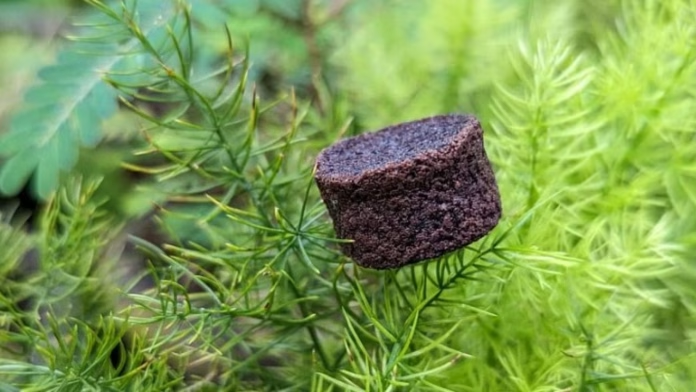Researchers at Bengaluru’s Indian Institute of Science have developed a biodegradable foam that offers a sustainable solution to plastic waste. Made from natural sources, this eco-friendly foam disintegrates naturally in landfills, safeguarding groundwater quality and providing a viable alternative to conventional plastic foams.
World produce 2.3 mn tonnes of plastic foam every year
Every year, about 2.3 million tonnes of plastic foam are made globally, but less than 1% is recycled, adding to landfill waste and pollution. To address this, a team from IISc’s Department of Materials Engineering, led by professors Suryasarathi Bose and Subodh Kumar, developed a biodegradable foam for packaging Fast-Moving Consumer Goods (FMCG).
Continue Exploring: Snitch introduces “Worth the Wait” feature for fashion-forward customers
Notably , the foam is created from bio-based epoxy resins, using non-edible oils approved by the US FDA, and hardeners made from tea leaves. This method reduces the use of fossil fuels and non-recyclable materials while keeping the foam’s strong compressive strength.
According to Deccan Herald, researchers noted that making 10,000 traditional plastic foam cups produces about 308 kg of greenhouse gas emissions. The Indian foam market, worth $7.9 billion in 2023, is projected to grow to $11.1 billion by 2032, with an annual growth rate of 3.85%.
New bio-derived foam for FMCG sector
Meanwhile, foam packaging is important in the FMCG industry because it is light and protective. However, traditional materials like expanded polystyrene (EPS) and polyurethane (PU) don’t biodegrade and often end up in landfills, causing environmental harm. Researchers Sampath Parasuram, Akshay Sunil Salvi, Supriya H, and Sandeep Kumar Singh said that the new bio-based foams have chemical bonds that can be broken and reformed with external stimuli. This allows the foam to be reprocessed or dissolved in eco-friendly solvents within hours.
Continue Exploring: KFC, Pizza Hut owner Devyani International registers INR 4.92 crore loss in Q2 FY25
The team noted, “Unlike traditional foams, which can take centuries to decompose, these bio-derived alternatives disintegrate safely in landfills, without harming groundwater.” They have also filed for a patent on the new technology.
Although the raw materials for making the bio-based foam are currently expensive, Bose thinks that higher demand will help lower the prices.
“With stricter regulations on the use of polymer-based foams, we expect bio-based foams to be mass-produced within five years. Sustainable packaging is urgently needed, as our landfills are already overwhelmed with synthetic materials,” he added.





